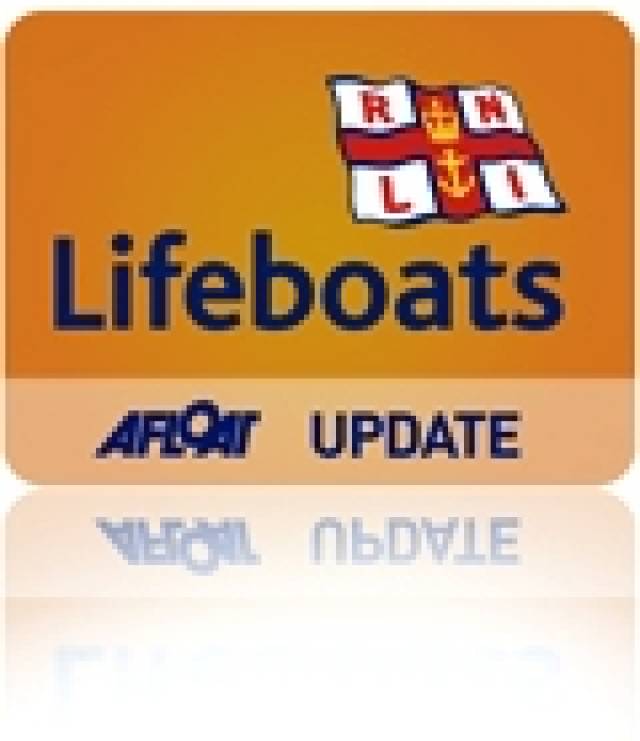#RNLI - On 14 July our friends across the Irish Sea at Blackpool RNLI will celebrate 150 years of lifesaving.
The station was established in 1864 – 40 years after the RNLI was founded – and has been operated by a large team of dedicated volunteers ever since.
During its 150-year history, the charity’s lifeboats in Blackpool have launched on 1,898 occasions and have rescued 625 people.
A great deal has changed for the station in that time. The first lifeboat station to be built in Blackpool cost £170 – in sharp contrast to today’s station running costs, which total £85,000 per year.
The cost of RNLI lifeboats has also changed dramatically. Samuel Fletcher of Manchester, the station’s second lifeboat, entered service in 1885 at a cost of just £398. This sum is considerably smaller than the £214,000 price tag of the current Atlantic 85 William & Eleanor.
Running costs are not the only thing that has changed in the 150 years since Blackpool RNLI was established. The number of calls for help has also changed significantly.
In the first 100 years of service Blackpool’s RNLI volunteers had an average of just two service calls per year. However, for over a decade now the station's volunteers have launched on average 64 times each year.
On some occasions callouts are straightforward and simple but on others the rescue operations are challenging, dangerous and demand extraordinary levels of seamanship, skill and bravery.
During Blackpool RNLI’s 150 years of saving lives at sea, the charity’s volunteers have been awarded six medals for gallantry, three silver and three bronze.
The most recent medals for gallantry were awarded to Keith Horrocks MBE and Phil Denham in 1988, awarded in recognition of the courage, skill and determination they displayed when both inshore lifeboats were involved in the rescue of two people in very confused seas.
Blackpool RNLI volunteer lifeboat operations manager Keith Horrocks MBE said: "Our RNLI lifeboat station in Blackpool has a very long and proud history of saving lives at sea.
"Our 150th anniversary is a significant milestone and provides a timely opportunity to remember the hundreds of men and women who have volunteered for the RNLI in Blackpool since 1864.
"Many things have changed for the charity since 1864 but the dedication and enthusiasm of our volunteers has not."
































































